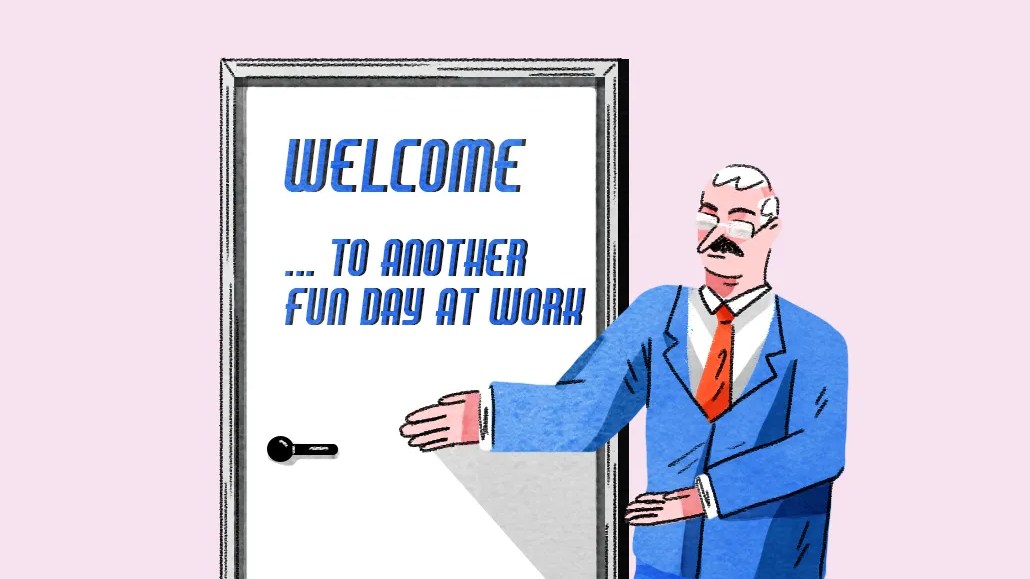Secure your place at the Digiday Media Buying Summit in Nashville, March 2-4
‘I’m never going to be able to retire:’ Gen Xers cast doubts on life after work

This article was first published by Digiday sister site, WorkLife.
Nina McCollum, 55, was laid off last March from Glassdoor. It was her third career layoff.
She was able to jump back into freelancing as a professional content writer with more than 20 years of experience, but any dreams of retiring faded fast. It wasn’t a new reality for her though, she had long suspected retirement would be out of reach. For most of her career, she didn’t have access to an employer-sponsored retirement plan, except for the year she was at Glassdoor. Before that, and again today, it is up to her.
“I couldn’t afford to do it on my own,” said McCollum. “Like a lot of people, I was living paycheck to paycheck. I mean, I’m not even making enough to pay the bills. I’m sustaining myself on what I’ve been able to save. I’m never going to be able to retire.”
Gen Xers, those aged between 44 and 59 years old, were taught by their boomer parents to be loyal, show up, do their best, and they would see success and earn a pension that would promise a comfortable life without work after the age of 65. But, that wasn’t the reality for this generation, as Gen X has ended up at the forefront of an evolving workforce for whom job hopping, uncertainty, and changing economics, are the new constant.
Read more on WorkLife.
More in Media

From feeds to streets: How mega influencer Haley Baylee is diversifying beyond platform algorithms
Kalil is partnering with LinkNYC to take her social media content into the real world and the streets of NYC.

‘A brand trip’: How the creator economy showed up at this year’s Super Bowl
Super Bowl 2026 had more on-the-ground brand activations and creator participation than ever, showcasing how it’s become a massive IRL moment for the creator economy.

Media Briefing: Turning scraped content into paid assets — Amazon and Microsoft build AI marketplaces
Amazon plans an AI content marketplace to join Microsoft’s efforts and pay publishers — but it relies on AI com stop scraping for free.








